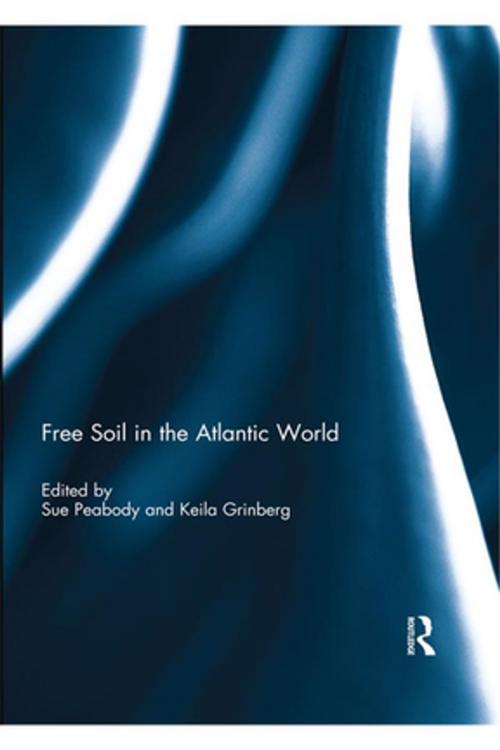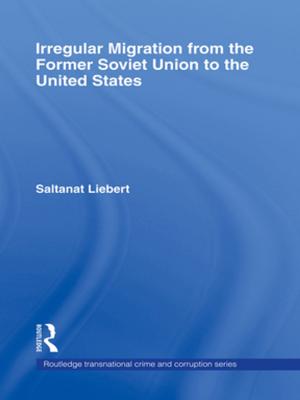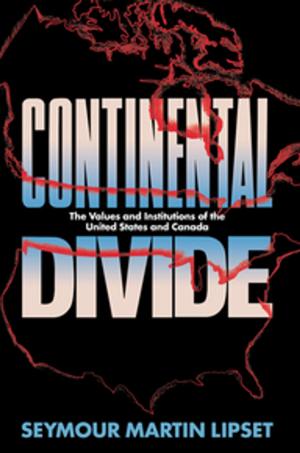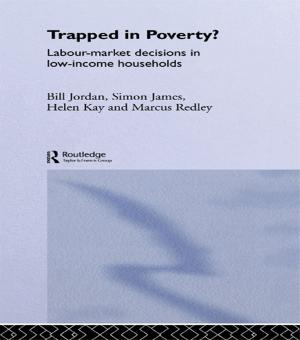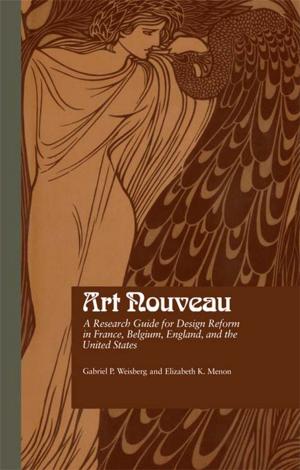| Author: | ISBN: | 9781317588726 | |
| Publisher: | Taylor and Francis | Publication: | April 14, 2016 |
| Imprint: | Routledge | Language: | English |
| Author: | |
| ISBN: | 9781317588726 |
| Publisher: | Taylor and Francis |
| Publication: | April 14, 2016 |
| Imprint: | Routledge |
| Language: | English |
Free Soil in the Atlantic World examines the principle that slaves who crossed particular territorial frontiers- from European medieval cities to the Atlantic nation states of the nineteenth century- achieved their freedom. Based upon legislation and judicial cases, each essay considers the legal origins of Free Soil and the context in which it was invoked: medieval England, Toulouse and medieval France, early modern France and the Mediterranean, the Netherlands, eighteenth-century Portugal, nineteenth-century Angola, nineteenth-century Spain and Cuba, and the Brazilian-Paraguay borderlands. On the one hand, Free Soil policies were deployed by weaker polities to attract worker-settlers; however, by the eighteenth century, Free Soil was increasingly invoked by European imperial centres to distinguish colonial regimes based in slavery from the privileges and liberties associated with the metropole.
This book was originally published as a special issue of Slavery and Abolition.
Free Soil in the Atlantic World examines the principle that slaves who crossed particular territorial frontiers- from European medieval cities to the Atlantic nation states of the nineteenth century- achieved their freedom. Based upon legislation and judicial cases, each essay considers the legal origins of Free Soil and the context in which it was invoked: medieval England, Toulouse and medieval France, early modern France and the Mediterranean, the Netherlands, eighteenth-century Portugal, nineteenth-century Angola, nineteenth-century Spain and Cuba, and the Brazilian-Paraguay borderlands. On the one hand, Free Soil policies were deployed by weaker polities to attract worker-settlers; however, by the eighteenth century, Free Soil was increasingly invoked by European imperial centres to distinguish colonial regimes based in slavery from the privileges and liberties associated with the metropole.
This book was originally published as a special issue of Slavery and Abolition.
